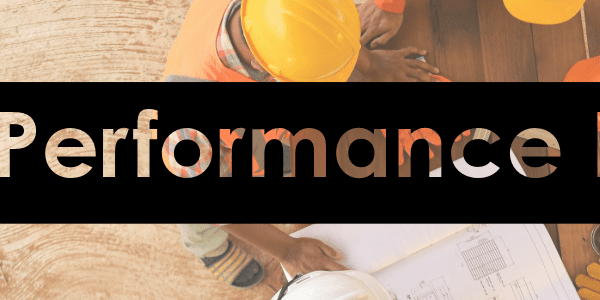New House Bill Brings Big Changes to the Energy Code

Find out what Colorado builders and municipalities need to know to prepare for the new energy requirements.

Published June 29, 2022
What Is House Bill HB22-1362?
House Bill HB22-1362 focuses on reducing the greenhouse gas emissions from buildings by developing and adopting advanced building energy codes. This bill marks a dramatic change in state requirements for the adoption of energy codes and has the possibility to impact construction emissions and costs dramatically. HB22-1362, titled, Building Greenhouse Gas Emissions sets up the structured adoption of the 2021 IECC along with two model codes, developing a statewide energy code board, and grant and investment programs to ease the adoption of high-efficiency programs.
Stages of Change
Under this bill, there is the staged adoption of the 2021 IECC, an all-electric model code, and a low energy and carbon model code between 2022 and 2030. The timeline for developing these model codes and adoption by local municipalities, counties, and the Office of the State Architect.
- October 2022 – The Colorado Energy Office and Department of Local Affairs will appoint and convene an Energy Code Board to develop a model electric-ready, solar-ready, and lower energy and carbon code for adoption.
- June 2023 – The Energy Code Board is responsible for developing a model electric-ready and solar-ready code for adoption by the office of the state architect and local municipalities.
- July 2023 – Municipality governing bodies and county commissioners must adopt an energy code that meets the electric and solar-ready code's requirements and meets or exceeds the 2021 IECC when adopting new building codes. Rural counties, as defined as counties with populations smaller than 30,000 people, are exempted from this requirement.
- January 2025 – The Office of the State Architect and the Division of Housing must adopt an energy code that meets the electric and solar-ready code's requirements and meets or exceeds the 2021 IECC. This code will cover the construction of state-owned or leased buildings and site-built hotels, motels, and multifamily buildings in jurisdictions with no codes.
- June 2025 – The Energy Code Board is responsible for developing a model low energy and carbon code for adoption by the office of the state architect and local municipalities.
- July 2026 – Municipality governing bodies and county commissioners must adopt an energy code that meets the requirements of the model low energy and carbon code developed by the Energy Code Board when adopting new building codes. Rural counties as defined as counties with populations smaller than 30,000 people are exempted from this requirement.
- January 2030 - The Office of the State Architect and the Division of Housing must adopt an energy code that meets the model's low energy and carbon codes. This code will cover the construction of state-owned or leased buildings and site-built hotels, motels, and multifamily buildings in jurisdictions with no codes.
What Does This Mean for Colorado Home Builders and Municipalities?
Drastic changes are coming to the energy code, but there is also time to prepare for these changes and find cost-effective opportunities to meet these new requirements. While not an actual statewide energy code, this law has the possibility to create a single unified energy code across the state and reduce the complexity of building within the home rule complexities of Colorado.
Don't Go It Alone
If you have questions or would like more information about House Bill HB22-1362 and how it might impact your future buildings, please reach out to your EnergyLogic Business Development contact, or contact us here.








